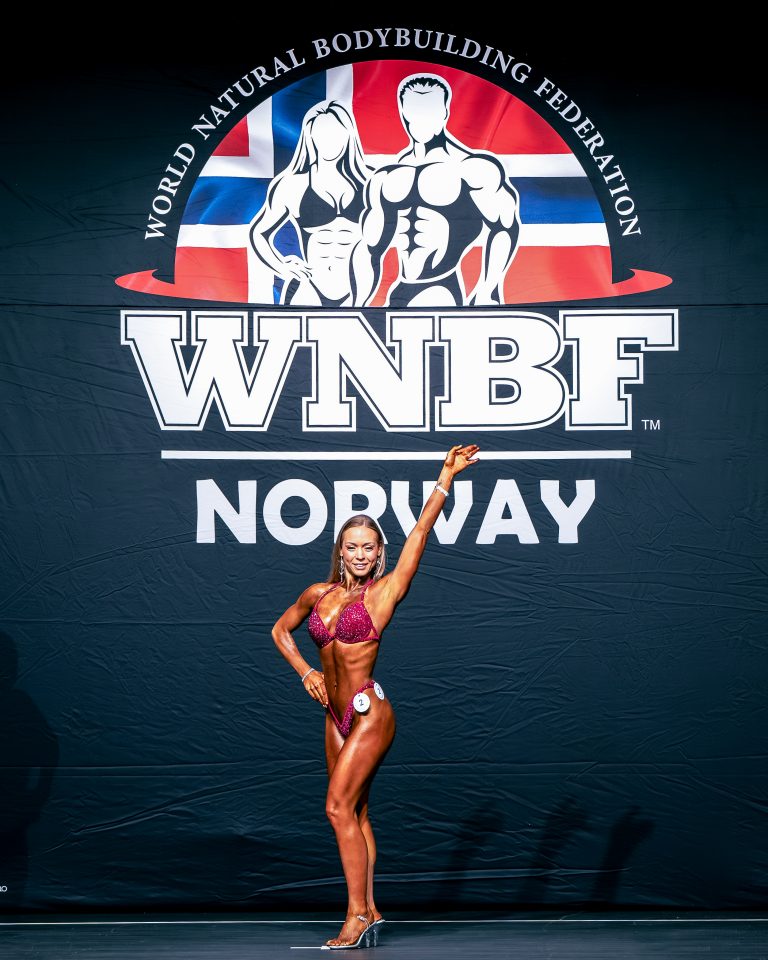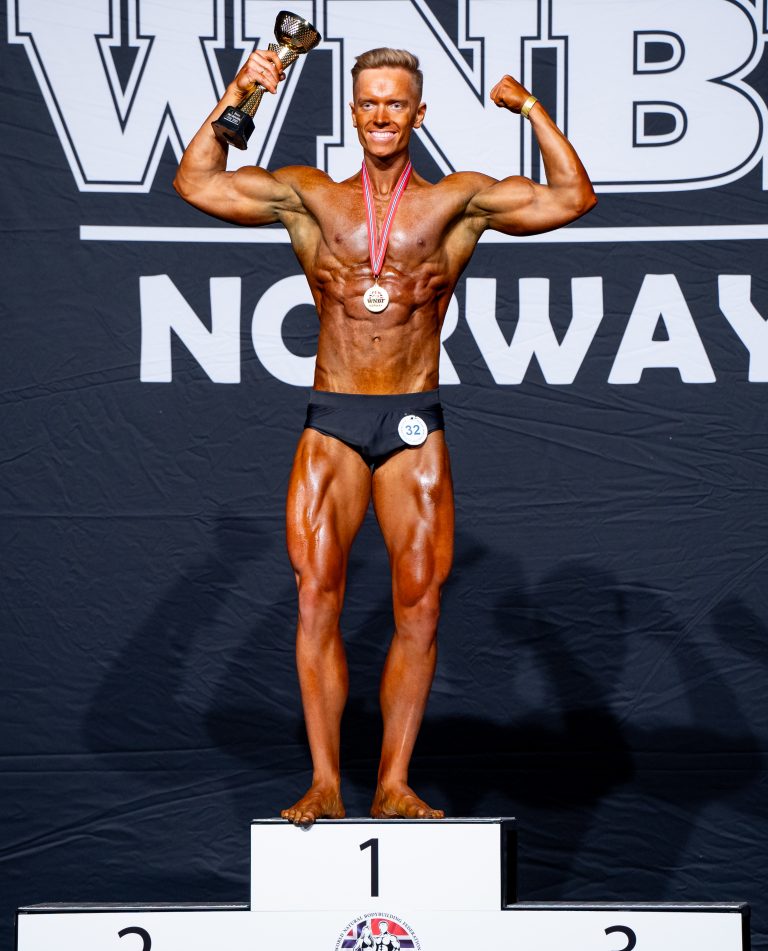Competing in fitness with a focus on anti-doping is an ordeal that requires dedication, perseverance and a thorough understanding of the guidelines for doping control. In order to achieve success in this discipline, it is important to have a solid understanding of the necessary requirements and preparations that need to be made. In addition to a thorough knowledge of training and diet, it is crucial to be aware of the current anti-doping rules to ensure a fair competition. Achieving an impressive physique in a natural and healthy way requires a carefully planned exercise and diet regimen, as well as a strong focus on maintaining integrity and honesty in competition.
List of important points for getting in shape with a focus on anti-doping:
By taking these points into consideration, you can lay a solid foundation for success in fitness with an anti-doping focus, while maintaining a healthy and ethical approach to training and competition.


By paying attention to these warning signs, one can avoid falling victim to rogue trainers and ensure that one is working with a reliable and knowledgeable professional who prioritizes the client's health, safety and success.

